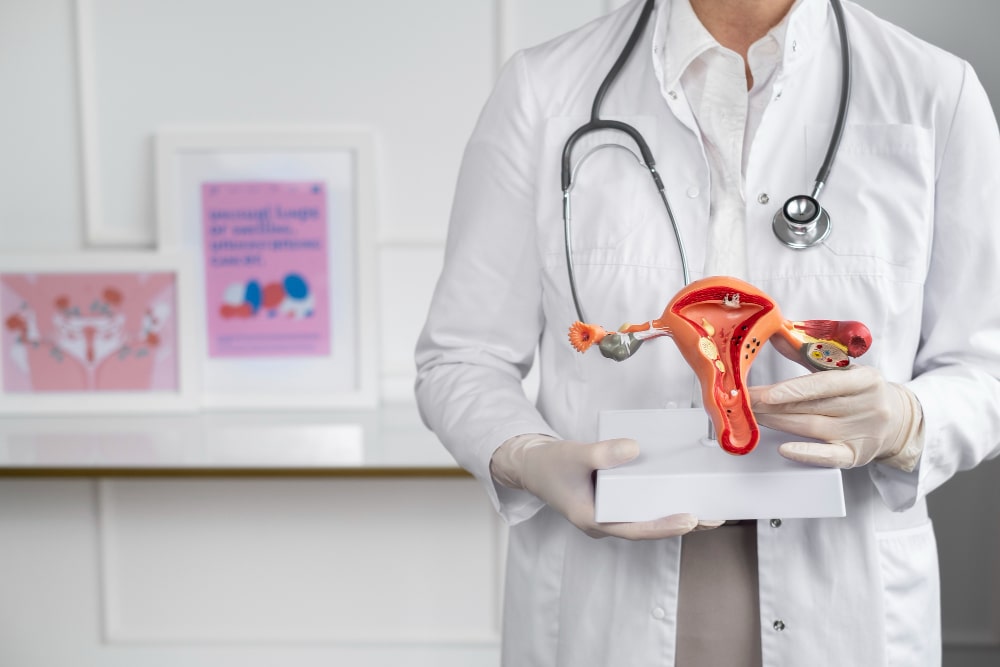Best Urologist in Nalgonda
Urology is the medical specialty that deals with the diagnosis and treatment of disorders and conditions related to the urinary tract and male reproductive system. Here are some common urological treatments for various conditions:
- Urinary Tract Infections (UTIs):
- Antibiotics to treat the bacterial infection causing the UTI.
- Increasing fluid intake to help flush out bacteria from the urinary tract.
- Pain relievers to alleviate discomfort.

2. Kidney Stones:
-
- Pain management with medications like NSAIDs or opioids.
- Increased fluid intake to aid in passing the stone.
- Extracorporeal Shock Wave Lithotripsy (ESWL) to break up stones into smaller pieces for easier passage.
- Ureteroscopy or percutaneous nephrolithotomy (PNL) for larger stones that cannot pass naturally.
- Surgery may be required in some cases
3. Benign Prostatic Hyperplasia (BPH):
-
- Alpha-blockers to relax the muscles around the prostate and improve urine flow.
- 5-alpha reductase inhibitors to shrink the prostate over time.
- Combination therapy with both alpha-blockers and 5-alpha reductase inhibitors.
- Minimally invasive procedures like transurethral microwave therapy (TUMT) or transurethral needle ablation (TUNA).
- Surgical interventions, such as transurethral resection of the prostate (TURP) or laser surgery, for severe cases.
4. Prostate Cancer:
-
- Treatment options depend on the stage and aggressiveness of the cancer and may include active surveillance, surgery (radical prostatectomy), radiation therapy, hormone therapy, and chemotherapy.
5. Erectile Dysfunction (ED):
-
- Oral medications like phosphodiesterase-5 (PDE-5) inhibitors (e.g., sildenafil, tadalafil) to improve blood flow to the penis.
- Vacuum erection devices (VED) to create an erection by drawing blood into the penis.
- Penile injections or intraurethral suppositories with vasodilating medications.
- Penile implants for more severe cases.
6. Urinary Incontinence:
-
- Behavioral therapies to retrain the bladder and pelvic floor muscles.
- Medications to relax the bladder or increase urethral sphincter tone.
- Pessaries or supportive devices for women.
- Surgical interventions, such as sling procedures or artificial urinary sphincter implantation, for severe cases.
7. Testicular Conditions:
-
- Treatment depends on the specific condition and may include medication, surgery, or observation.

